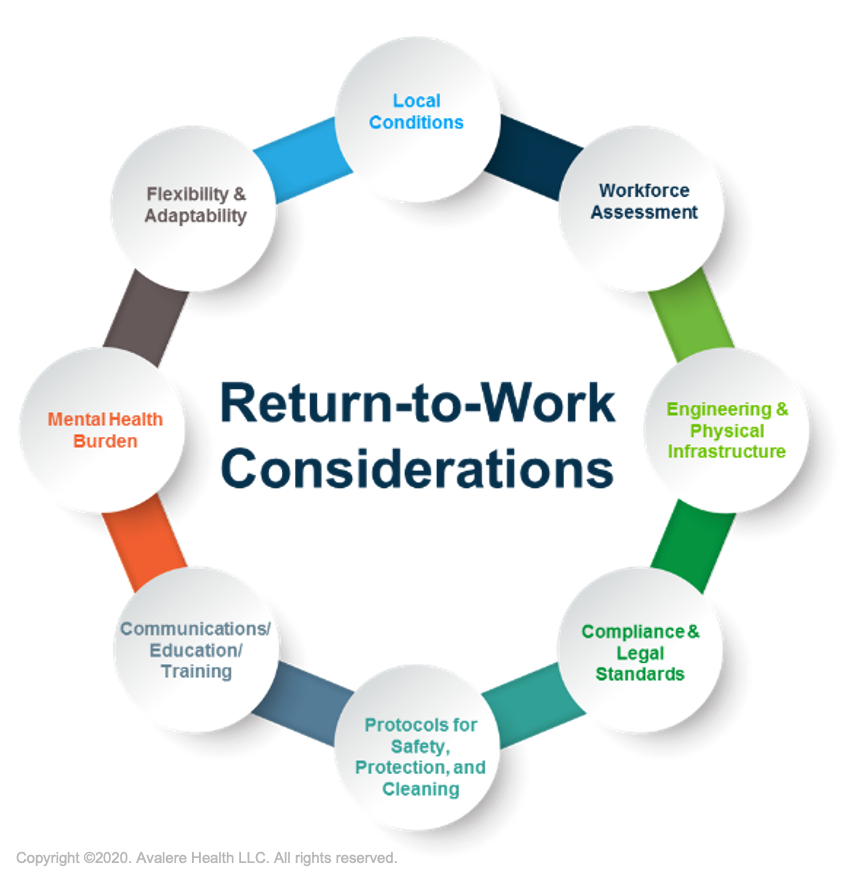Navigating the transition back to work after a medical leave can be complex, especially when it comes to balancing your health privacy with your employer’s need for information. While employers are understandably interested in ensuring you’re able to perform your job duties, they must also respect your right to keep certain medical details confidential. This article will delve into the legal boundaries surrounding can an employer ask for hospital discharge papers and clarify your rights as an employee returning from leave.
This article will explore the legal framework governing employer inquiries about employee health during return-to-work scenarios. We’ll examine the concept of health privacy rights, the role of HIPAA in protecting medical records, and the appropriate ways employers can request information about an employee’s ability to return to work safely and effectively.
Returning to Work After Leave
Returning to work after a medical leave requires careful planning and communication between you and your employer. Your employer may have specific policies regarding returning from leave, including required documentation or procedures. It’s crucial to familiarize yourself with these policies and communicate openly with your supervisor about your anticipated return date and any limitations you might have.
Depending on the nature of your leave and your job responsibilities, your employer may request a doctor’s note confirming your ability to return to work. This note typically outlines any restrictions or accommodations needed for you to perform your duties safely and effectively. Remember, this note should focus on your functional capacity rather than providing detailed medical diagnoses or treatment information.
Health Privacy Rights

As an employee, you have fundamental health privacy rights that protect your sensitive medical information. These rights are enshrined in various laws and regulations designed to safeguard your personal health data from unauthorized disclosure. Understanding these rights is essential for navigating interactions with your employer regarding your health status during a return-to-work process.
Your right to privacy extends beyond just physical documents like hospital discharge papers. It encompasses electronic records, verbal communications about your health, and any other information related to your medical condition. Employers are generally prohibited from accessing or requesting detailed medical records without your explicit consent.
HIPAA and Medical Records
The Health Insurance Portability and Accountability Act (HIPAA) is a federal law that sets national standards for protecting sensitive patient health information. HIPAA applies to healthcare providers, health plans, and certain business associates who handle protected health information (PHI).
Under HIPAA, individuals have the right to access their own medical records, request corrections, and limit the disclosure of their PHI to third parties, including employers. Employers are considered “covered entities” under HIPAA only if they maintain employee health records or engage in activities that involve the processing of PHI.
Employer Inquiries

While employers have a legitimate interest in ensuring employees can safely perform their job duties, they must tread carefully when inquiring about an employee’s health status during a return-to-work process. Directly requesting can an employer ask for hospital discharge papers is generally considered inappropriate and potentially illegal.
Instead of demanding specific medical documents, employers should focus on functional capacity and the employee’s ability to perform essential job functions. For example, an employer might inquire about any limitations or accommodations needed upon return, rather than seeking detailed information about the underlying medical condition.
Doctor’s Notes
A doctor’s note is a common document used during the return-to-work process. It provides your employer with a professional assessment of your health status and ability to perform your job duties.
When requesting a doctor’s note, be clear about the information your employer needs for their decision-making process. Focus on functional limitations or accommodations required, rather than providing detailed medical diagnoses or treatment plans. Remember, your doctor’s note should primarily address your capacity to work safely and effectively.
Conclusion
Returning to work after a medical leave requires careful consideration of both your health privacy rights and your employer’s need for information. While employers have a legitimate interest in ensuring employees can perform their duties safely, they must respect your right to keep certain medical details confidential.
Understanding the legal boundaries surrounding can an employer ask for hospital discharge papers is crucial for navigating this process successfully. By focusing on functional capacity and utilizing appropriate documentation like doctor’s notes, you can ensure a smooth transition back to work while protecting your health privacy rights.



